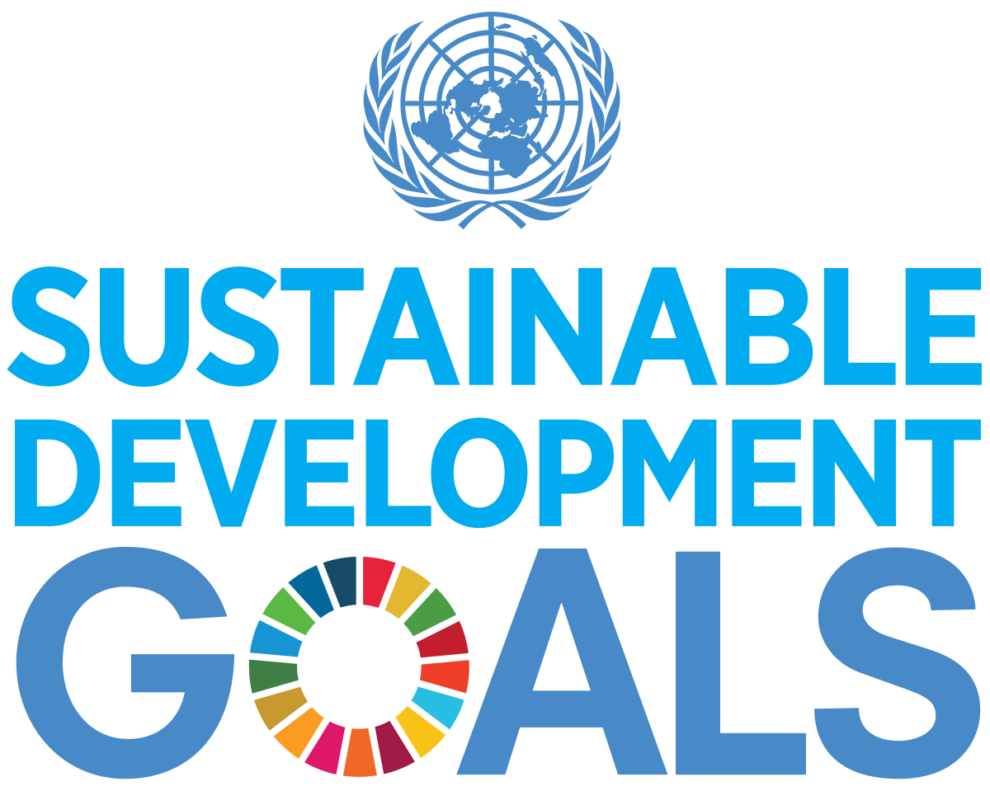A United Nations (UN) representative emphasized this week that Namibia has made significant advancements in areas such as poverty reduction, maternal and child health, access to electricity, and gender equality since gaining independence.
However, recent evaluations suggest that the nation may not reach the Sustainable Development Goal (SDG) targets by 2030, UN Resident Coordinator Hopolang Phororo pointed out during Namibia’s participation in the annual UN Day celebrations on 24 October.
Disturbingly, crucial areas in Namibia, including reducing inequality, lowering carbon emissions, and addressing hunger, have either plateaued or worsened, she added.
To stimulate discussions about accomplishments, insights gained, and strategies, Namibia hosted an exhibition on Tuesday titled ‘Journey of the SDGs.’
“The exhibition initiates discussions on achievements, lessons learned, and particularly on how to bridge the gaps to expedite the realization of the SDGs, with only 7 years remaining. No entity can accomplish this alone, and the significance of SDG 17 on partnerships cannot be overstated,” she emphasized.
Phororo affirmed that the UN in Namibia is steadfastly committed to supporting the efforts of the Namibian government, as outlined in the National Development Plan 6.
“At present, we are in a critical phase of formulating our Sustainable Development Cooperation Framework for 2025-2029. We urge the government and all partners to join us in this collective endeavour. The outcomes of the 2024 Summit of the Future will greatly influence our Cooperation Framework, encompassing vital areas such as science, technology, innovation, digital cooperation, youth empowerment, and shaping global governance,” she added.
Jeroboam Shaanika, Deputy Executive Director of the Ministry of International Relations and Cooperation, commended the UN System at the event for its support in the country’s sustainable development thus far. He encouraged the UN Team in Namibia to align its work with Namibia’s policies and priorities.
“The new partnership framework should concentrate on narrowing the income inequality gap, supporting the diversification of economic sectors, including the oil and gas industry, as well as green hydrogen,” he stated.
Furthermore, he emphasized that local small and medium enterprises require extensive support, as they have the potential to uplift many from poverty through job creation.
“Food security, quality education, and adequate housing are also pivotal areas on which efforts should be concentrated, to enhance the standard of living for the people of Namibia,” he concluded.
Source : Economist
















